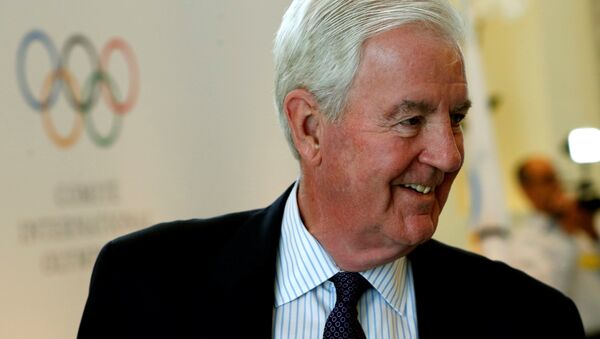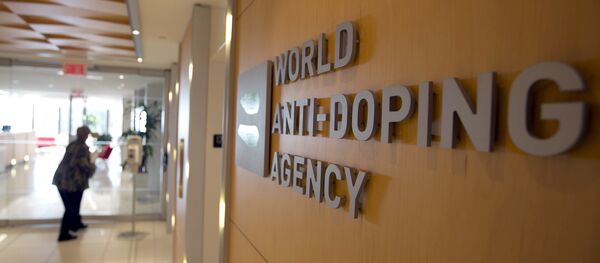MOSCOW (Sputnik) — On February 24, the International Olympic Committee's chief Christophe de Kepper said in a letter, WADA had admitted that in many cases the evidence provided in the McLaren report "may not be sufficient to bring successful cases" for banning Russian athletes.
"I didn’t know they were going to publish the letter and I have been assured that this blindside will not recur," Reedie told the Insidethegames website.
The report resulted in the ban on Russian athletes by the International Association of Athletics Federations (IAAF) from taking part in international competitions including the 2016 Summer Olympics. The International Paralympic Committee (IPC) later banned all Russian Paralympic athletes from the 2016 Summer Paralympics and the 2018 Winter Games.




